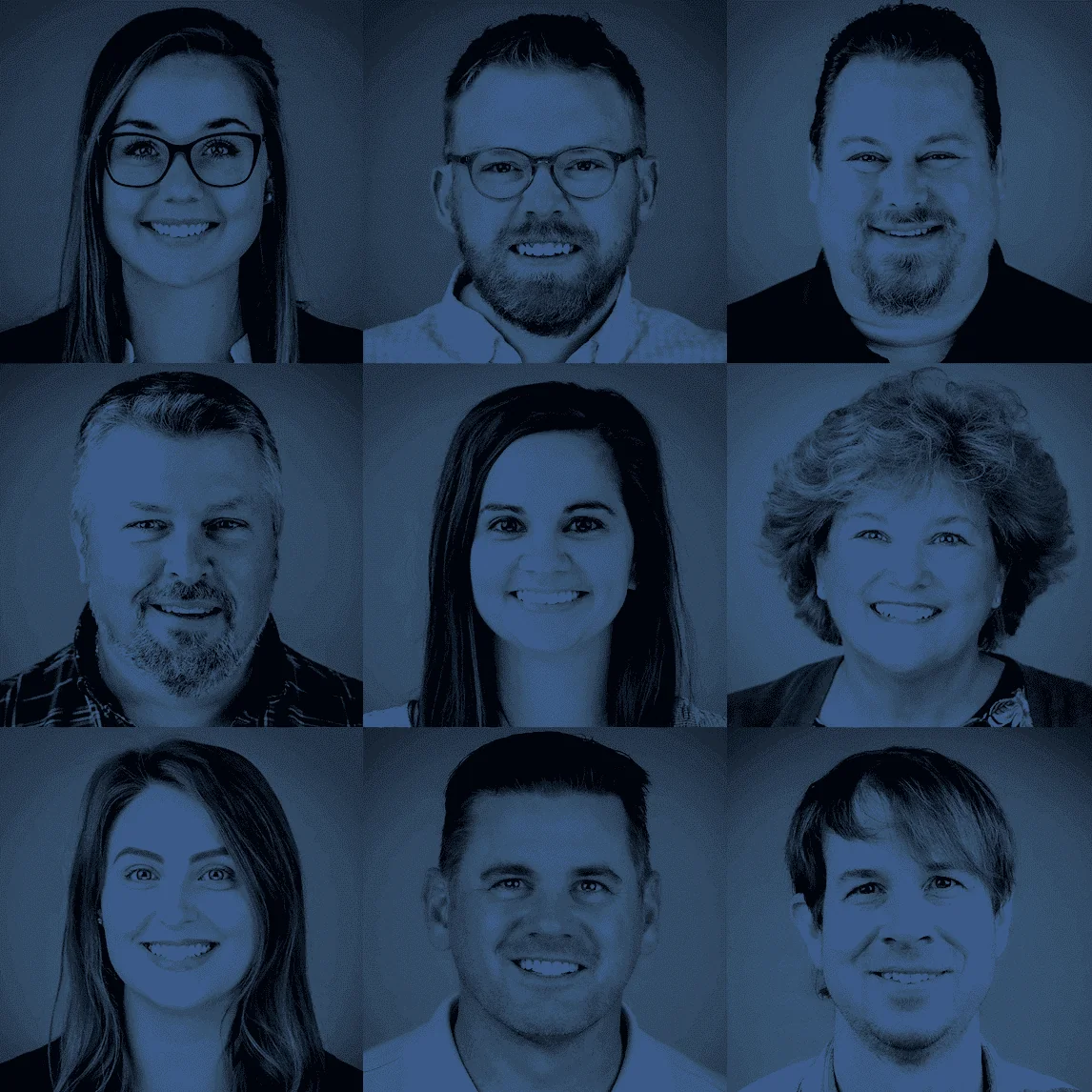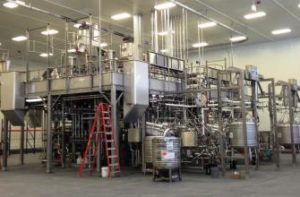
Sanitary processing companies (SPC) have long been impacted by international, federal, state, and/or local regulations and policies. If a product becomes contaminated or comprised this immediately leads to wasted time and money. Beyond the product loss, such occurrences can also damage a manufacturer’s reputation and trust within the industry.
The task of staying ahead of evolving sanitation rules and regulations becomes even more complex when you consider the various industries we serve, including a multitude of processing, storage, and sectors. Keeping up with the demands to produce safe and hygienic food, dairy, beverage and many other products is a constant challenge with today’s evolving regulatory environment.
In terms of sanitary design, all food contact surfaces should be:
As such, the number one issue facing the food processing industry is maintaining compliance. Part of that effort requires SPC managers to select, inspect, and use sanitary process systems that meet regulatory requirements. In addition to the design and construction of food processing equipment, cleaning, sterilizing, and repair of equipment have their own standards.
 Food processing can incur residues, chemicals, metals, and other hazards that can shut a food processor down if sanitation is not properly maintained. This means the sanitary process systems must enable complete and timely cleaning and sterilization at all times. As such, practices such as Clean In Place (CIP) and Sterilize In Place (SIP) demand that sanitary process equipment meet standards for certain outputs, inputs, pressure levels, and other regulatory criteria.
Food processing can incur residues, chemicals, metals, and other hazards that can shut a food processor down if sanitation is not properly maintained. This means the sanitary process systems must enable complete and timely cleaning and sterilization at all times. As such, practices such as Clean In Place (CIP) and Sterilize In Place (SIP) demand that sanitary process equipment meet standards for certain outputs, inputs, pressure levels, and other regulatory criteria.
For that reason, Rodem distributes and services only sanitary process equipment that can be held up to regulatory scrutiny in any industry.
For example, equipment such as SEEPEX food grade pumps meet the guidelines under the 3-A Sanitary Standards. Our Aquionics UV lamps provide an excellent alternative to chemical disinfection that satisfies Bottled Water Quality Standards for DEHP levels. The Cesco MagTraps we carry meet or exceed standards set in the Federal Food, Drug, and Cosmetic Act (FFDCA).
When repairs are necessary, a good food manufacturing equipment service company will install quality replacement parts in a manner that continues to comply with quality standards. Rodem’s equipment repair team is thoroughly trained to meet such standards. Our service technicians are compliant with repair protocols for:
We caution all consumable manufacturers to identify and engage with sanitary processing vendors who not only comply with industry regulations for equipment design, but also with repair standards.
To learn more about Rodem’s sanitary processing compliance, contact one of our industry experts. To view our portfolio of sanitary processing equipment, click here.